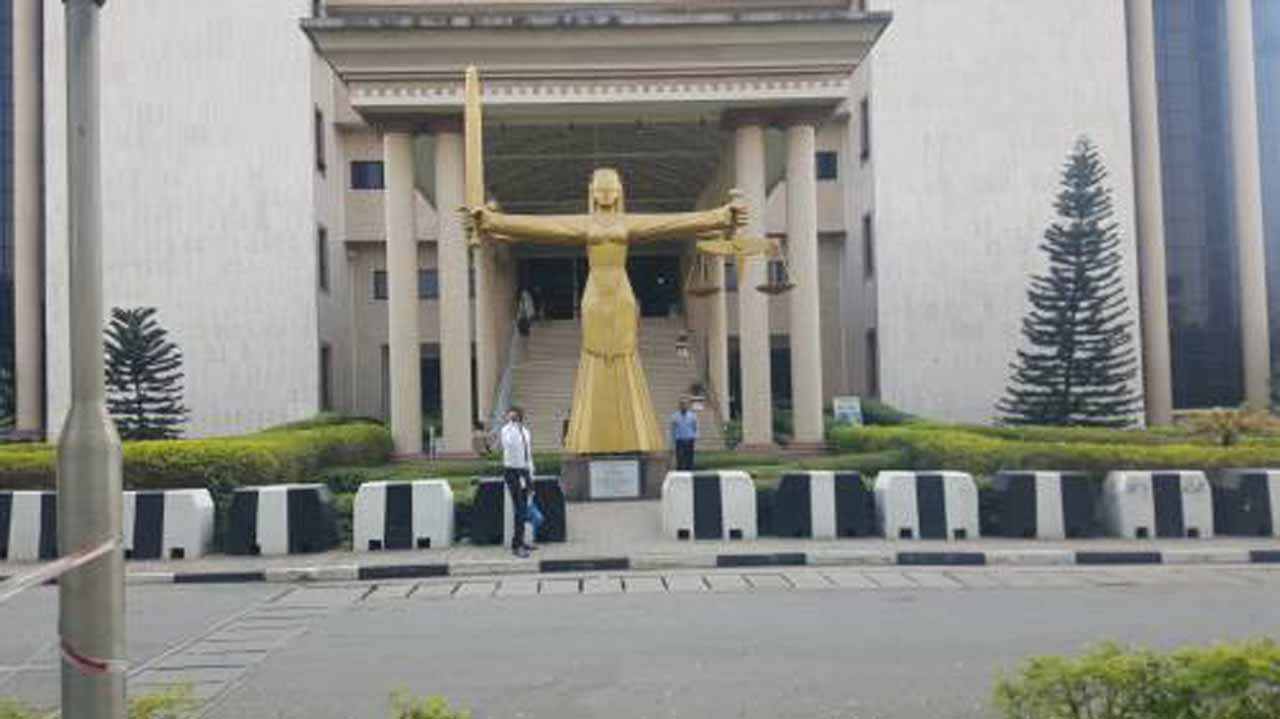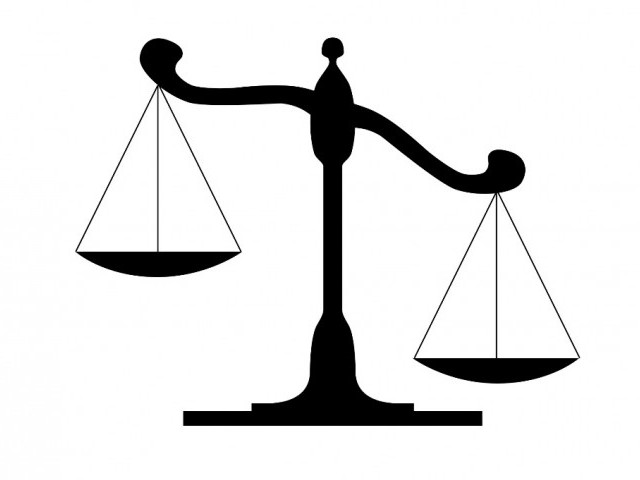Overriding Senate On Magu Unconstitutional, Says Lawyer
A Legal Practitioner, Mr. Silas Joseph Onu, has raised an alarm over reports that the Presidency is considering invoking Section 171 of the Nigerian constitution to evade the Senate and appoint Ibrahim Magu as the substantive head of the Economic and Financial Crimes Commission.
Section 171 allows the President to appoint heads of National Agencies without recourse to the National Assembly, although this clashes with the EFCC Act, which demands that the EFCC Chairman ought to be confirmed by the Senate. However, after its nominee, Magu, has been rejected by the Senate on two occasions, the Presidency is apparently considering its options. And riding on the back of arguments made by eminent legal practitioners like Femi Falana, one of those options includes taking advantage of the provisions of Section 171.
In an open letter directed to President Muhammadu Buhari, Mr. Silas said such a move would return the country to the anarchic days of his predecessor, Dr. Goodluck Jonathan.
“The Executive Powers provided for in Section 5 of the 1999 constitution has not given the Executive any discretion on selecting which law to respect or to interpret laws to suit their intendments as Executives,” Mr. Silas said. “Thus the constitution is apt in creating responsibility in an orderly fashion by establishing the lawmakers first, then the implementer of the law and finally the interpreter of the law. I strongly take exception to a situation where the Executive, directly or indirectly, interprets our laws to suit its present need without regards for the future.”
Mr. Silas went on to point out that irrespective of the provision of Section 171, the EFCC Act, which was enacted in 2002, remains a valid document that must be obeyed and respected.
“Therefore, no matter what any senior lawyer or any senior citizen may feel or the opinion they may hold, they cannot purport to be exercising the powers giving to the Court in Section 6 of the 1999 Constitution,” Mr. Silas said. “It is alright to hold opinion, even if divergent. But it will amount to usurping the powers of the Court for anyone to insist that his or her opinion must be taken as correct. My opinion is that the EFCC Act 2002 is a valid and subsisting law and same is an undeniable fact.”
It will be recalled that the Vice President, Yemi Osibanjo, in a recent interview with journalists, said he was fully in support of Magu, who is currently serving as Acting Chairman of the EFCC, despite his Senate woes.
“It is up to the Senate to make their judgement, and it is up to us say what we want to do,” Osibanjo said. “If our candidate is rejected, we can re-present him. No law says we can’t re-present him. And again, there is the other argument, whether or not we need to present him for confirmation and that’s a compelling argument from Femi Falana.”



